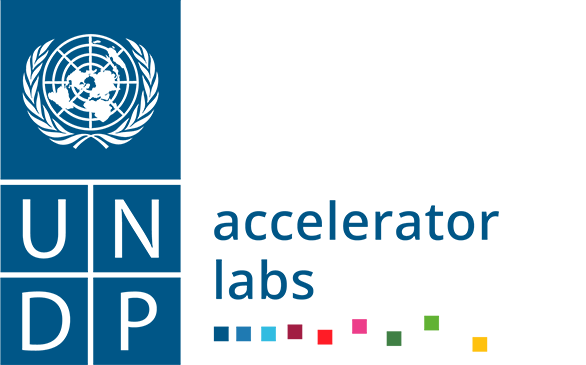MOOC ON PUBLIC AND SOCIAL INNOVATION CONCEPTS AND TOOLS
What it does. This massive open online course (MOOC) allows you to build capacities on the main concepts of public and social innovation, and to strengthen practical skills by learning how to use methodologies and tools. The MOOC suits various types of profiles such as: civil servants, civil society organizations, academia, or private sectors counterparts. The course in on Moodle, it is self-paced, it has short and explanatory videos, complemented with readings, fun quizzes, and a final assignment. Only participants that complete all modules and work get certified for learning for 22 hours. The topics covered are: (1) Citizen labs, (2) Open culture, (3) Public Innovation Hexagon, (4) Behavioral Approach for Public Interventions, (5) Design Thinking, (6) Participative Methodologies, and (7) Social innovation and Future Thinking.
Value proposition for the government/other partner. By making use of this MOOC you will enable potential allies and counterparts to understand the concepts of public and social innovation and have more clarity on how it is done. This will facilitate actors to advocate and commit to use public and social innovation as a new mechanism for public governance and citizen participation. Also, strengthening capacities and practices will allow local government to include an innovation-oriented approach in the design, development, and improvement of public services which will lead to more effective and transparent processes. This tool contributes to SDG 16 “Peace, Justice, and Strong Institutions” and target 16.7 “ensure responsive, inclusive, participatory and representative decision-making at all levels”.
Why and when to use it.This tool is most useful when there is an interested government counterpart that is actively seeking to have a public and social innovation approach to its works and supply of public services. It is cost-effective to train many civil servants simultaneously and located in diverse geographical areas. Also, it is suggested that the participation in this learning journey is done by senior management, as well as analysts. As a result of this course and clear commitment from the government side, it could be expected to see how the inclusion of social and innovation process have been included in the workflow of the institution so that the process is institutionalized.
Known issues and troubleshooting.
- If there is a lack of commitment and engagement from participants results will be partial and not fully satisfactory for the organizer of the MOOC.
- The content of the course is introductory, if participants want to deepen their knowledge of the topics covered, it is recommended that they take additional courses.
Context. As a member of the Open Government Partnership (OGP), Ecuador is committed to have a more open and participatory government. In this line, as part of the OGP Action Plan 2019-2022 it aimed to have an Innovation Citizen Lab for the first time in the country. UNDP´s Acc Lab played a key role offering in 2022 technical assistance to design, implement and operate the Citizen Lab called Thinkia. The Secretariat of Higher Education and Innovation of Ecuador has the lead of this Lab and runs it along with other 7 actors from the academia (2), civil society organizations (2), other public institutions (2), and cooperation sector (UNDP). The government uses a shared and decentralized governance model for Thinkia: citizen lab to include other actors as part of the management team and decision-making process. UNDP´s Accelerator Lab elaborated the governance model proposal and supported its implementation.
One of the first results of the collaboration among the various actors running Thinkia was to create a massive open online course on public and social innovation by tapping on the expertise of each of the actors. Thus, each member was responsible for creating the content of one of the modules. UNDP´s Accelerator Lab created the structure of the course by generating and organizing the learning materials and taking responsibility to manage the course on Moodle.
Cost. USD 4,000 – 4,500 (to build the MOOC from zero)
Time. To organize the launch of the course 1 month is required. To hold the course and receive feedback 1 month and a half is needed.
People. To run this course and make it available to the public the following team members will be required:
- A course leader who strategizes the use of the course and generates the needed partnerships.
- A course administrator in charge of solving all enquiries related to the platform and managing the registration process.
Focal point. Ana Grijalva
Country, year, and language. Ecuador, 2022, Spanish
Resources.
Please contact the focal point if you want to make use of the course.
